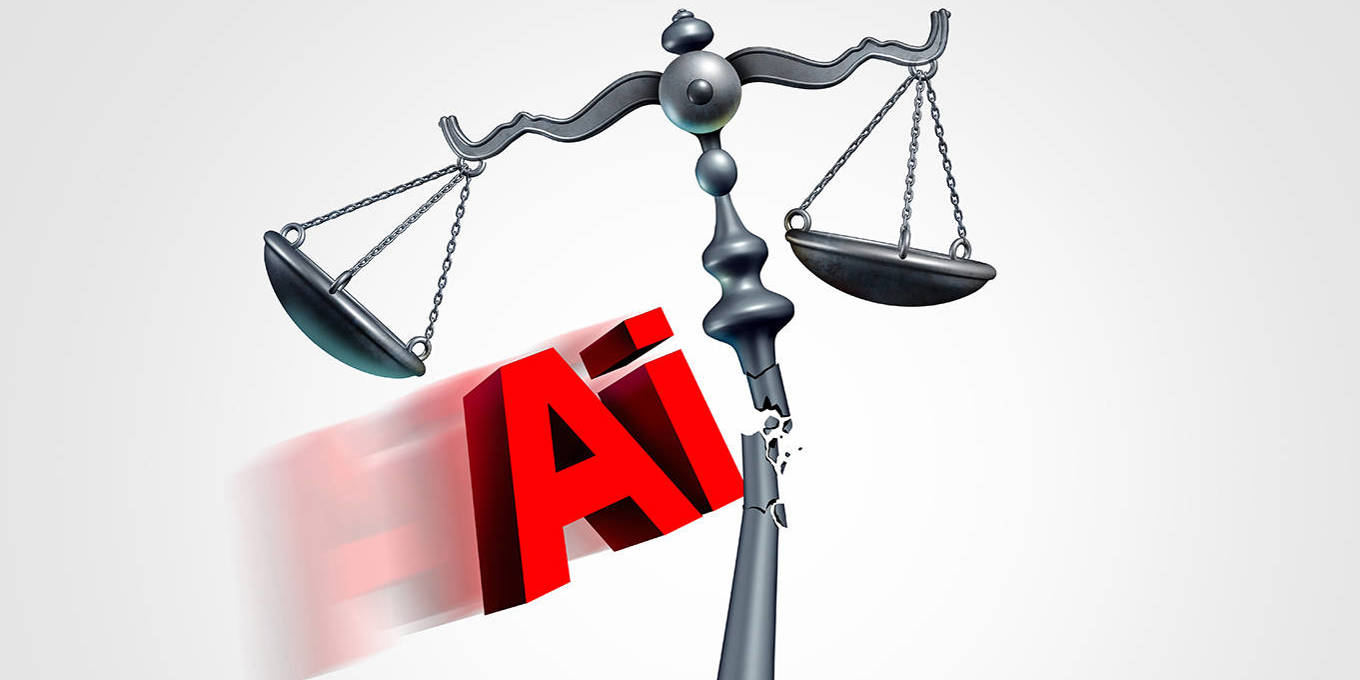Copyright Project Syndicate

WASHINGTON, DC – The biggest governance dilemma in AI is setting guidelines for the technology’s ethical use without unduly weakening the incentive to innovate. So far, countries and regions have largely failed to strike any kind of balance, instead tipping the scales one way or the other while loftily proclaiming reverence for both. The concept of responsible AI (RAI) exemplifies this idealistic rhetoric. The principles it espouses – from ensuring that algorithms are not based on faulty datasets to preventing privacy and human-rights violations – are undoubtedly worthy. Where RAI falls short is in showing how these ideals should be incorporated into AI governance, and how to balance regulation with incentives for continued innovation. Nonetheless, RAI has been embraced by many governments, which have incorporated relevant language into national AI policies. International organizations have also championed RAI –UNESCO’s Global AI Ethics and Governance Observatory is a leading example – with the goal of shaping international norms and national policy. But such top-down approaches contrast sharply with the deliberative, bottom-up decision-making that has proven most effective in addressing problems requiring collective action and coordination. Meanwhile, corporations are touting their supposed commitment to RAI, often while resisting the regulations that would force them to implement its principles. Even universities have jumped on the RAI bandwagon, offering AI ethics courses in computer science departments. AI governance courses, however, are usually offered in other departments, so computer science students may not take them. But it is the brass tacks of AI governance, not the promotion of vague principles, that will lead to politically feasible, ethically desirable, and economically beneficial outcomes. Policymakers in many economies are struggling on this front, especially when trying to balance ethical imperatives with incentives for innovation. Whereas South Korea and Japan seem to have found some equilibrium, the European Union has placed a higher priority on ethics, and the United Kingdom and the United States have put innovation first. The EU’s 2024 AI Act attempts to take a balanced approach, classifying AI applications according to risk, with high-risk activities more heavily regulated and minimal-risk activities left unregulated. Its experience in enforcing AI ethics can offer useful lessons for the rest of the world, as it monitors the implementation of its regulations across member states. Nonetheless, as French President Emmanuel Macron rightly noted in February, the EU is currently “not in the race” when it comes to AI innovation. Today, the European Commission still struggles to articulate a pro-competitive innovation strategy. The US has the opposite problem. In 2016, it became one of the first countries to announce a national AI strategy, but its plan focused overwhelmingly on research and development, though it did mention the need for research into the technology’s ethical implications. (China responded in 2017 with its own innovation-focused strategy.) Former President Joe Biden’s administration sought a better balance between innovation and ethics, exemplified by the 2022 Blueprint for an AI Bill of Rights and the 2023 Executive Order on the Safe, Secure, and Trustworthy Development and Use of Artificial Intelligence. But upon returning to the White House, President Donald Trump rejected this approach. His January 2025 executive order on “removing barriers to American leadership in artificial intelligence” revoked AI policies and directives that “act as barriers to American AI innovation.” More broadly, Trump’s administration has deemphasized protecting human rights and regulating the tech sector, focusing instead on great-power chest-thumping and winning the technology “war” with China. The AI Action Plan introduced in July 2025 begins by asserting that the US is “in a race to achieve global dominance,” noting that it must “innovate faster and more comprehensively” than its competitors, and “dismantle unnecessary regulatory barriers.” The plan also prohibits AI-related federal funding from being directed toward US states with “burdensome” AI regulations. There is good news: the AI Action Plan incorporates several recommendations on data ethics, global alliances, and standard-setting made by the Northern Virginia Technology Council taskforce – of which I was part – in response to the Trump administration’s request for information for the strategy. Nonetheless, the US is leaning heavily toward innovation, at the expense of regulations aimed at upholding AI ethics. It can even be said that the Trump administration is openly flouting AI ethics, such as when it circulates AI-generated videos through the president’s social-media account. The Trump administration’s approach undoubtedly appeals to US tech giants, which like to claim that regulating datasets and algorithms is a losing game (even as some tout RAI). But American businesses have proven more than adept at devising effective mechanisms to protect their own interests in the face of AI-related disruptions. Major record labels, for example, have found ways to ensure that they collect a licensing fee whenever music they own is used to create AI-generated tracks and to train large language models. Moreover, contrary to the Trump administration’s stated priorities, even America’s capacity for innovation is now in jeopardy. The US retains distinct competitive advantages in the AI race – notably, a flexible labor market, developed and liquid financial markets, and a robust research infrastructure. But its failure to provide credible and sustained signals to investors, combined with efforts to discourage immigration and hold universities hostage for political ends, risks undercutting America’s position. Disregarding ethical considerations in the name of innovation is a recipe for disaster. But pretending that ethical principles will solve the real governance challenges AI raises is similarly misguided. With AI developing at an extraordinary rate, the need to strike the right balance between ethics and innovation – and to adhere to it consistently – has become impossible to ignore.



